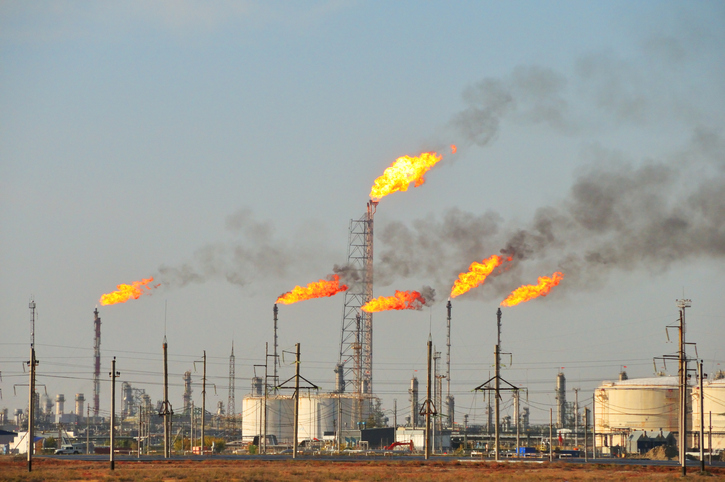
Scott Pruitt, the head of the Environmental Protection Administration (EPA), has taken formal steps to rescind the Chemical Disaster Rule, a set of regulations passed during the Obama Administration to prevent dangerous and often deadly explosions at industrial plants and refineries across the country.
Intensive Industry Lobbying Killed Chemical Disaster Rule
The Chemical Disaster Rule was created in response to the 2013 fertilizer plant explosion that killed 15 people and decimated the town of West, Texas.
The regulations were finalized in December 2016 and would have taken effect in March 2017 were it not for intense industry lobbying that convinced the Trump Administration to delay their enactment.
On Thursday, EPA director Scott Pruitt proposed a new rule that would rescind and further delay vital parts of the Chemical Disaster Rule.
“The rule proposes to reduce unnecessary regulatory burdens, address the concerns of stakeholders and emergency responders on the ground, and save Americans roughly $88 million a year,” Pruitt said in a statement announcing the move.
The EPA’s action is, of course, being lauded by the industry.
In fact, the agency’s announcement even included a quote from the National Association of Chemical Distributors, one of the groups that was pushing Pruitt to weaken the Chemical Disaster Rule.
“We believe that with EPA’s release today of a new proposed RMP rule, many of the concerns have been eliminated or addressed in a way that makes common sense,” the group’s president said. “We look forward to reviewing the proposal in its entirety and submitting comments to the agency this summer.”
USW: Pruitt Doing Bidding of Industry Lobbyists
Advocates for workers and the environment were far less enthusiastic.
The United Steel Workers, which represents 850,000 North American workers in a range of industries, blasted Pruitt for doing “the bidding of powerful industry lobbyists.”
“The Obama-era rules contained important worker safety provisions to prevent accidents and save lives. These rules included root cause accident investigation, safer technology assessments and third-party audits,” the union said in a statement issued Thursday afternoon. “The regulations also required increased coordination and sharing of information with first responders, who are inevitably called in to assist during and after a chemical release or explosion.”
Report Highlights Importance of Chemical Disaster Rule in Preventing Industrial Explosions and Accidents
On April 3rd, the Union of Concerned Scientists and 9 other major environmental groups released a report that cited 33 incidents, including explosions, fires and chemical releases, that have occurred at the nation’s refineries and industrial plants since the EPA initially halted enactment of the Chemical Disaster Rule.
As of today, the group reports that there have been at least 10 additional incidents, including plant and refinery explosions that have injured workers in Alabama, Michigan, Texas, and Wisconsin.
Our Undefeated Plant Explosion Attorneys Have Won Over $1 Billion for Workers Injured in Plant, Refinery and Pipeline Explosions. Call 1-888-603-3636 or Click Here for a Free Consult
With more than $1 billion won for our clients, including thousands of workers throughout Texas, Louisiana and the United States who were injured or tragically killed in catastrophic plant, refinery and pipeline explosions, our Undefeated Plant Explosion Lawyers have the experience, resources and skills to ensure that injured workers and their families receive the maximum compensation possible for their injuries and losses.
If you or someone you love were injured or tragically killed in an industrial accident or explosion, please call 1-888-603-3636 or Click Here to send us a confidential email via our “Contact Us” form.
All consultations are free and, since we work exclusively on a contingency-fee basis, you’ll owe nothing unless we win your case.